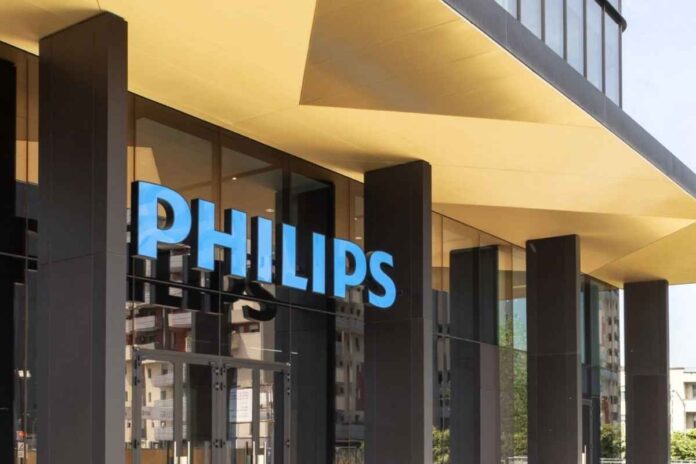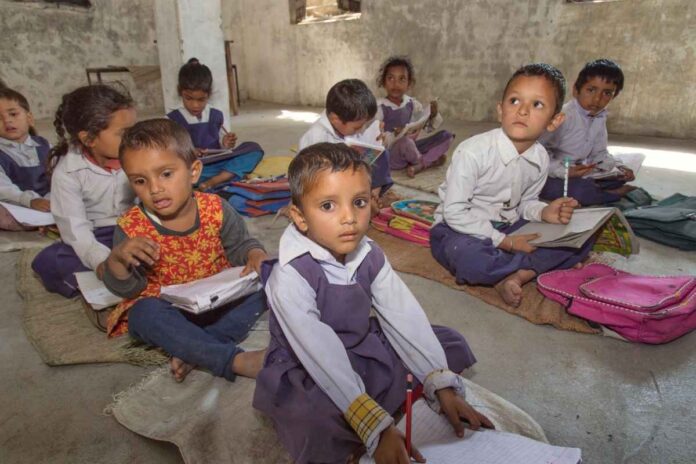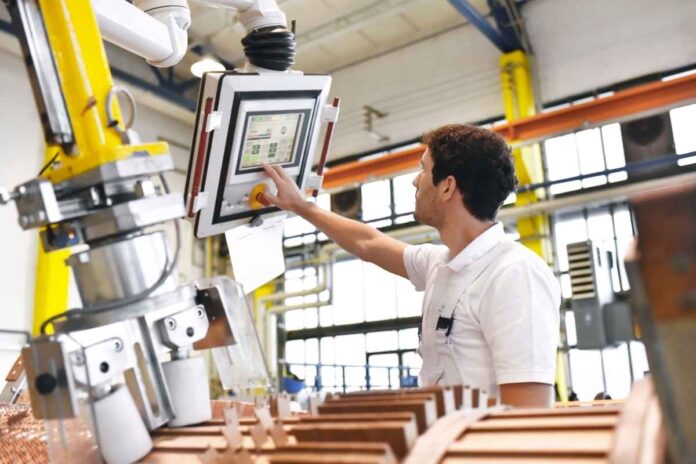The pandemic has made things difficult for every business. The struggles of the Dhobi community to make their ends meet during this pandemic is not any different. Due to hygiene and safety concerns, people have not been comfortable giving their clothes for ironing. To overcome this challenge and support the dhobi community, Philips launched the ‘Hausala Program’ initiative to provide them with masks, sanitizers, gloves, face shields, and laundry bags to deliver clothes.
Philips launched the ‘Hausala Program’ initiative which is a 3-week campaign. It has collaborated with Dhobi Kalyan Charitable Trust to assist 100 dhobis in Mumbai to revive their business. Philips’ team decided to visit dhobi shops and kiosks to provide them with protective gear. They also educated them about approaching customers wearing protective gear and maintaining complete hygiene and safety precautions.
At Philips, we believe there is always a way to make life better and remain committed to support fellow citizens amidst ongoing struggles due to this global pandemic. Our alliance with Dhobi Kalyan Charitable Trust is an effort to empower and motivate dhobis – said Gulbahar Taurani, Vice-President, Personal Health, Philips Indian Subcontinent
A digital film is also prepared, which is shared on social media platforms. In the film, they wanted to highlight the efforts put in by the dhobi community daily and how they make our lives better. Through the film, they hope to build confidence amongst people to support them in these challenging times.
Philips has tied up with veteran actor Kabir Bedi to talk about the dhobi community’s real scenario to its audience wearing a ‘crisp shirt’ or a ‘well-pleated saree’ in the office to highlight the importance of a dhobi in everybody’s life.
The global pandemic has adversely affected many sections of society, and it’s heartening to see Philips come out in support, making valuable contributions in these testing times. We believe it’s important that every citizen today comes out in support of the other. – said Santosh Kanojia, Chairman, Dhobi Kalyan Charitable Trust
Philips has a history of inventing technology focused on social and environmental aspects. Last year, Philips also launched the ‘HarSaansMeinZindagi’ initiative to increase awareness about childhood pneumonia in India. Philips has taken a step ahead of adding value to the society by helping the dhobi community with its campaign.















